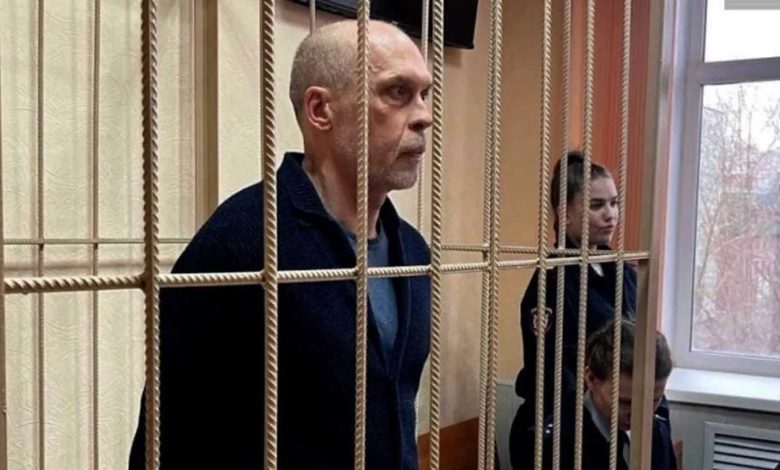Russians accused of crimes offered choice, go to war instead of court


At about 06:45 on 28 March, police arrived at Andrey Perlov’s house near Novosibirsk in Siberia.
They accused him of stealing about three million roubles ($32,000; £24,000) from a Novosibirsk football club where he was the managing director – he and his family deny this.
Perlov, who is 62, is an Olympic gold medallist, having won the 50km race walk in 1992.
He has been detained for more than six months and his family says he is being pressured to agree to fight in Ukraine. He’s been told that, in return, the embezzlement case against him would be frozen and potentially dropped when the war ends.
It’s no secret that prisoners have been recruited to fight in Ukraine, but BBC analysis can reveal how the initial focus on convicted criminals has shifted to include people yet to face trial.
The latest laws mean that both prosecution and defence lawyers are now legally obliged to inform people who are charged with most crimes that they have the option to go to war instead of court.
The legislation, passed in March 2024, means that if they sign up, the prosecution and any investigation will be stopped. Their cases will generally be closed completely at the end of the war.
“This has turned Russia’s law enforcement system upside down,” says Olga Romanova, the director of Russia Behind Bars – an NGO that provides legal assistance to detainees.
“Police can now catch a man over a corpse of someone he has just killed. They tighten the handcuffs and then the killer says: ‘Oh wait, I want to go on a special military operation,’ and they close the criminal case.”



